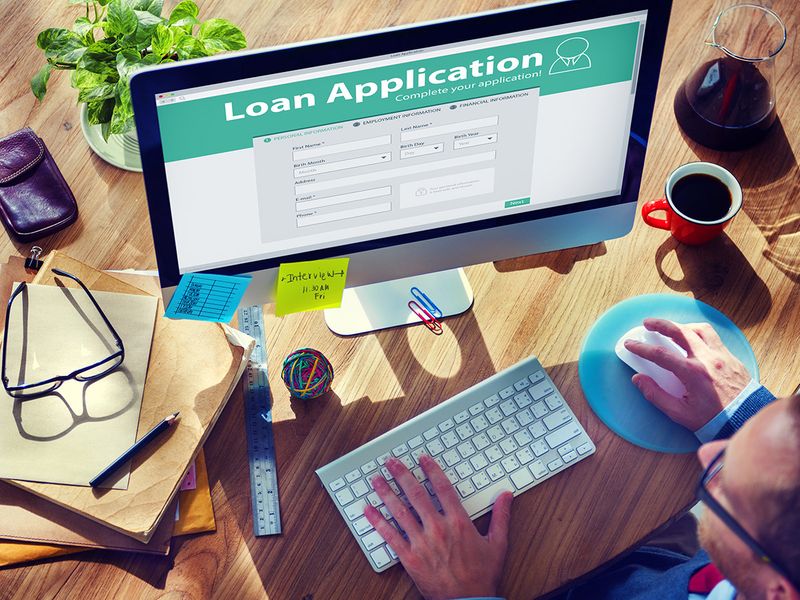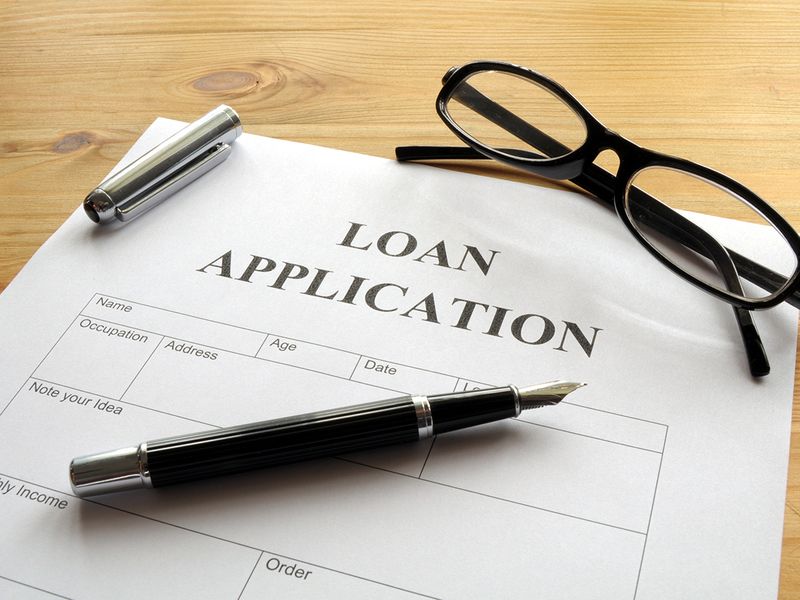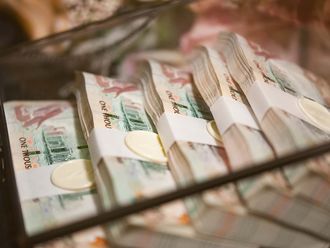
Dubai: Paying off your debt faster will help reduce the total interest charges, and this in turn means you spend less time in debt. So far so good. But if you are nearing the end of your loan term and if there are charges for early repayment, will paying off your loans early be truly cost-effective?
“When in debt, the sensible move is to pay off any and all debts as soon as possible, right? Not always,” said Dubai-based debt restructuring and financial planning consultant Rupesh Naish. “In some cases, paying a debt off early doesn't save you all that much money.”
Let’s say you buy a car for the price of Dh25,000, and you borrow Dh20,000 at an interest rate of 3 per cent on a 60-month loan. That could mean more than Dh1,500 in interest payments over the course of five years. If you’re paying back your loan early, ideally, you are to save in interest costs.
The logic is straightforward – the sooner you wipe out your loan, the more money you'll save in interest payments, and depending on the balance, this could mean hundreds or even thousands of dirhams in savings. But often times your savings won’t amount to much, here’s when.
When in debt, the sensible move is to pay off any and all debts as soon as possible, right? Not always
You may have paid off most of the loan interest already
“Most loans have an ‘amortisation schedule’ that maps out how much you'll pay in interest and how much you'll pay in principal (borrowed amount) each month. With loans you pay most of the interest in the early years and pay mostly principal later on,” said Anil Pillai, a Dubai-based consumer banking analyst.
For example, let's say you have a 30-year loan of Dh300,000 with a 5 per cent interest rate, which means you'll pay Dh1,610 per month. A typical ‘amortisation schedule’ shows that you will pay Dh1,250 per month in interest payments at first.
However, towards the end of the lending period, your interest payments are much lower. By the time you have three years left on the loan, you'll pay a little over Dh200 in interest per month and it will continue to decline from there.
“If you are fairly late in the loan term, there's not a major financial advantage to paying your loan off early. You're practically borrowing money interest-free at this point, so you might as well hold onto your cash or use it for something else,” added Pillai.

Factoring in how much pre-payment charges affect your savings
As the name suggests, a pre-payment penalty is a charge you have to bear when you pay your loan off earlier than specified in the agreement. If the terms and conditions of your loan agreement contain a pre-payment clause, you will be penalised if you clear your debt early.
If you feel a pre-payment penalty sounds counterintuitive and are wondering why no one would want all their money at one go, think of it this way – when you repay a loan early, the lender will not get the expected interest (for lenders, the interest is their profit). Hence this clause is put in place.
So lenders charge these fees as when you take out the loan they calculate the amount of time it’ll take you to pay back, and the interest it will charge you for doing so. By ending the agreement early, the provider ends up with less money so it can reclaim this through early repayment charges.
“It’s important you tell your provider if you are changing the amount you pay, as you generally can’t just start making larger payments to it without a penalty being charged,” added Pillai. “The amount can vary and the practice isn’t universal. It would depend on the lender’s terms and conditions.”
Most loans have an ‘amortisation schedule’ that maps out how much you'll pay in interest and how much you'll pay in principal (borrowed amount) each month
Is your debt good or bad? Knowing helps decide on pre-payment
If you were wondering how debt can ever be a good thing, know that there is a difference between good and bad debt. “If you know whether your debt is good or bad, it can affect how you spend your money like for instance, knowing whether or not you should prepay your loan,” said Naish.
Let's start with good debt. This is anything that creates value over time. It is widely considered that buying a home good debt, because the investment will grow in value, and will ultimately lead to more money at the end of the day.
“Generally, student loans, i.e. an investment in yourself and future income, and home loans, which should lead to greater future savings, can be considered good if not marred by uncertainties like the collapse of the housing market, or the lack of well-paying jobs after graduation,” added Naish.
Bad debt, on the hand, doesn't create any value. Its money spent on disposable items, high-interest rates, and anything else that contributes to spending without eventual financial gain.
For instance, putting a Dh1,200 clothes spending spree on a credit card is bad debt. A new car loan is actually bad debt, because cars depreciate in value. Even dining out is bad debt if you keep amassing your expenses on your credit card, and only pay off the interest each month.

Bottom line?
The best reason to pay off loans and other debts early is that it can save you money in interest payments. While paying interest allows you to pay more slowly, the longer you pay, the more it costs. So, the quicker you pay off your loan, the less you ultimately spend on your purchase.
In most cases, paying off a loan early can save money, but check first to make sure prepayment penalties. Paying a prepayment penalty potentially undoes any money you'd save on interest, and it can also impact your credit history as you will no longer be making regular payments each month.
Moreover, if you’re approaching the end of your loan term, chances are you are hardly paying much in interest anyway, as bulk of the interest costs are paid off at the start of the loan term. Essentially, you are paying off just the principal (or borrowed amount) at a low cost for the last few months.
So if you are looking to pay off your loan early to save on interest costs, you may not be saving much and you are likely not effectively using your money as the funds you plan on using to pay down the rest of your loan can be used to pay down a different high-interest loan instead.









